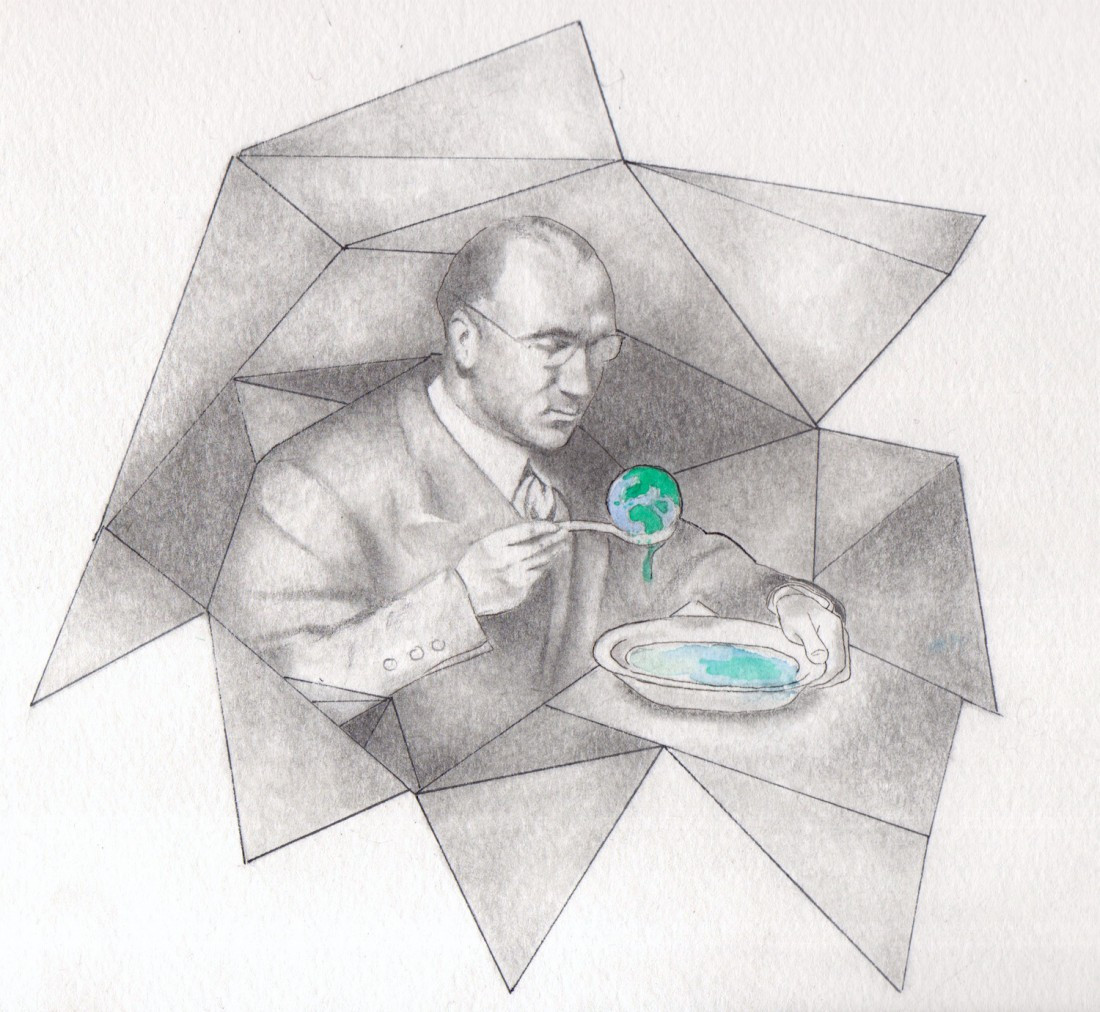It’s a white man’s world
In the west, women and people of colour are defined by the white male gaze
Despite a young Malcolm X’s academic ability, he dropped out of school in junior high after telling a white teacher of his aspiration to become a lawyer. His teacher’s response? That it was “no realistic goal for a nigger.”
Discussion of white privilege has become prevalent in Western discourse, in academic circles, mainstream media and social conversations. Some paint it a fiction, a sore loser’s attack on the domination of Caucasians in business, politics and media in the world. Others indict it as the offspring of intentional institutional racism, itself perhaps a product of colonialism and the notion of the “white man’s burden.”
Speaking broadly, people in North America, Western Europe and other wealthy “democracies” are far more empowered to choose their pursuits and professions based on their personality than in other nations. However, this is far more the case for Caucasian males than women or people of colour.
Media dominates our lives in the Western (and “Westernized”) world. Television programs and movies excite and entertain, but they also inform. In these media, women and people of colour are defined in clear, restrictive ways.
If a CEO, financier, doctor, politician or any other person of power or authority is cast as a person of colour or woman (or, god forbid, a woman of colour) it becomes worth discussion. However, it’s deemed merely natural that white men occupy these positions. Over time, this implies that women and people of colour are incapable of filling those positions – that if they ever do hold them it is an exception to the rule.
This becomes a crisis when that media is internalized. Children are led to believe that their socially constructed “race” is a defining element of their character. They will adopt styles of dress, manners of speaking, personalities and practices that they’ve been assigned by Western media.
These stereotypes become destructive not only because they are baseless, but also because they’re all fashioned through a white-male lens. The white male’s opinion of other cultures, of women and people of colour, becomes the accepted, universal understanding of other cultures, women and people of colour. Inevitably, women and people of colour begin to believe these things about themselves. Generations become entrenched in destructive, bigoted stereotypes. Life imitates “art.”
The vast array of identities and groups present in other cultural concentrations are not acknowledged or considered in the Western ideal narrative – the white man’s world that we all just live in. To say this is not the Western ideal is to ignore history having created that exact world with that exact purpose in mind.
In America, for example, the vast majority of mayors, judges, professors, police officers, senators and lawmakers are white men. To suggest this is a natural product of meritocracy is to say white men are superior to all other peoples – a blatantly racist and sexist belief. To instead argue that it is rather a product of history and circumstance – wherein white males were afforded more opportunity and consideration, and thus rose to dominate the highest echelons of essentially every structure and administration in society – is exactly white privilege.
Acknowledging white privilege is not a statement that all white people have been handed their lot in life. Refusing to acknowledge white privilege is an actively harmful rejection of intellectual honesty.
Chuka Ejeckam is a peculiar contrivance aged twenty-something summers. Reports suggest he is human.
Published in Volume 70, Number 21 of The Uniter (February 25, 2016)








